According to Ms. Giang, digital assets are understood as digital technology products created, issued, stored, transferred and authenticated by blockchain technology, which people have ownership rights according to the provisions of civil law and related laws. Digital assets do not need physical form, exist on blockchain, cloud computing, database; can be divided, programmed, traded globally, and are anti-counterfeit. This is the driving force of economic growth in the digital era.
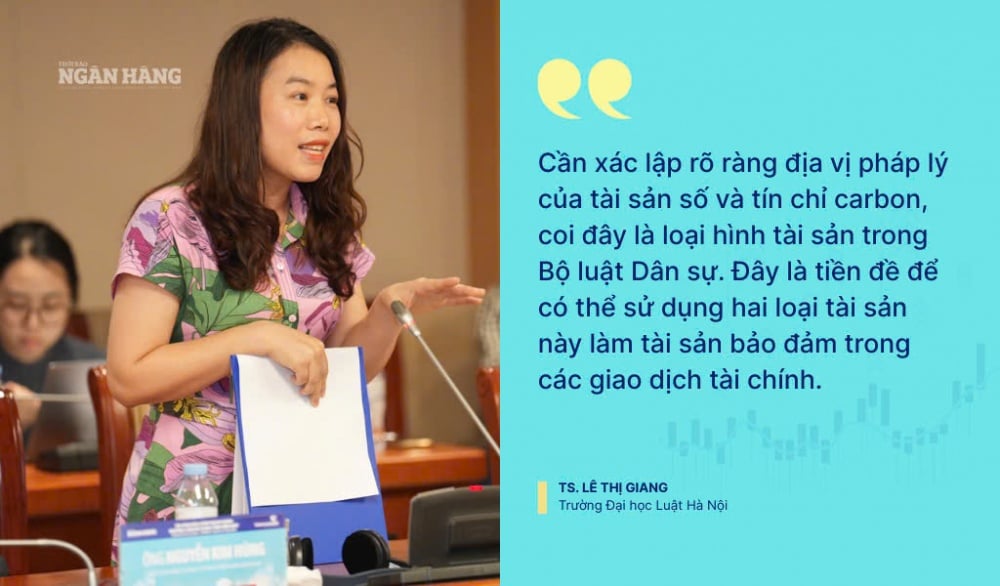 |
Currently, the legal framework for digital assets is still under construction. Notably, the Draft Law on Digital Technology Industry has initially established the concept of digital assets and ownership of these assets. “This is an important step that paves the way for the establishment and secured transactions of digital assets in the future,” Ms. Giang emphasized.
Carbon credits are a type of asset associated with the green transition trend and are of increasing interest in the financial sector. The Law on Environmental Protection 2020 defines carbon credits as tradable certificates, representing the right to emit one ton of CO₂ or equivalent. These credits are often generated from emission reduction projects such as afforestation, renewable energy use or technological innovation. In fact, carbon credits are gradually becoming a financial tool to support businesses in the process of transforming to a sustainable development model. However, the establishment of secured transactions for carbon credits is still not specifically regulated in Vietnamese law.
 |
| Overview of the Workshop |
Therefore, if digital assets and carbon credits are considered as bank collateral, banks will be hesitant because any transaction must be based on a clearly defined legal basis. Currently, there is no legal provision indicating that, in addition to conventional, traditional collateral, carbon credits and digital assets can be considered as collateral.
Although there is no complete legal framework, some current regulations have begun to guide this. At point 8, Decree No. 21/2021/ND-CP of the Government guiding the Civil Code on securing the performance of obligations stipulates that secured assets include existing assets and assets formed in the future, except for assets that are prohibited from being bought and sold, prohibited from being transferred, or prohibited from being transferred. Therefore, it can be affirmed that the Law has very broad provisions on secured assets.
If compared with this regulation, it can be seen that the Law on Environmental Protection 2020 directly mentions carbon credits. Currently, in Vietnam, carbon credit trading activities are becoming more and more popular and are not prohibited from buying, selling, or transferring.
Therefore, it can be understood that accepting carbon credits as collateral is completely feasible. However, the actual implementation is an extremely difficult problem for banks. While banks have a lot of experience with traditional assets such as land and housing, carbon credits are still a very new type of asset, so accepting carbon as collateral will be a big challenge for pioneering banks in this field.
“In my opinion, what has existed and is increasingly developing shows that its presence is truly necessary for life. First of all, it is necessary to clearly establish the legal status of digital assets and carbon credits, considering them as types of assets in the Civil Code. This will be an important premise for these two types of assets to be used as collateral in financial transactions,” Ms. Giang emphasized.
Source: https://thoibaonganhang.vn/thua-nhan-tai-san-so-va-tin-chi-carbon-la-tai-san-bao-dam-se-mang-lai-nhieu-loi-ich-163456.html










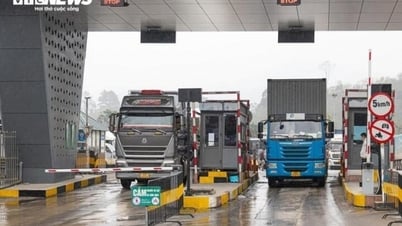












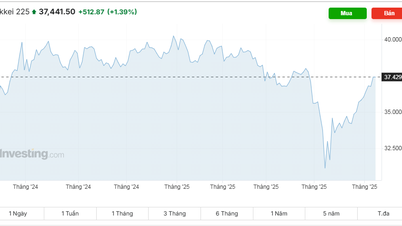
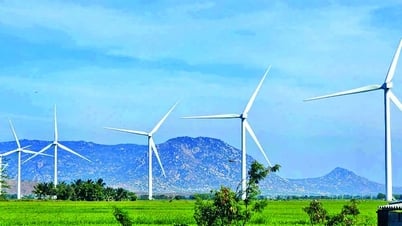
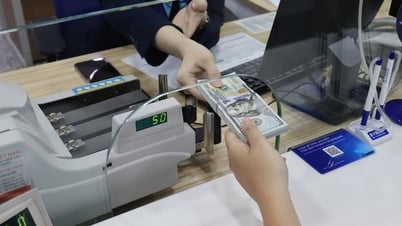


























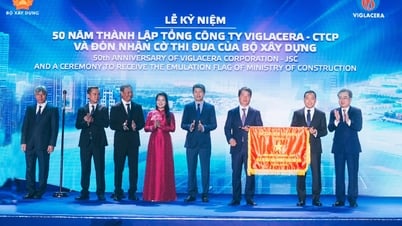










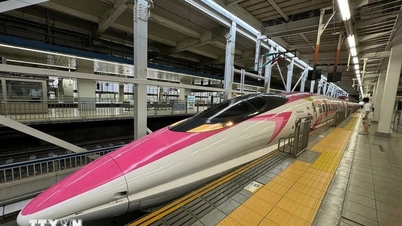



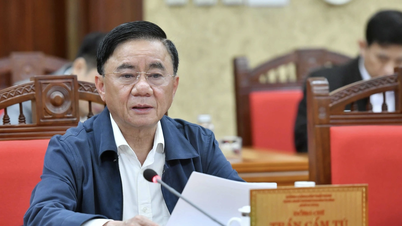



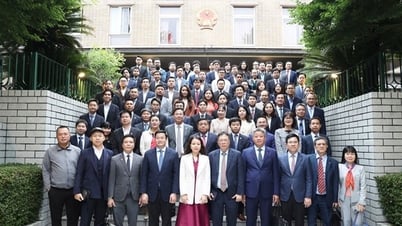








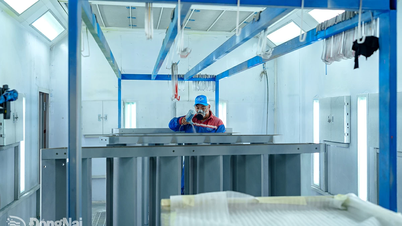



















Comment (0)